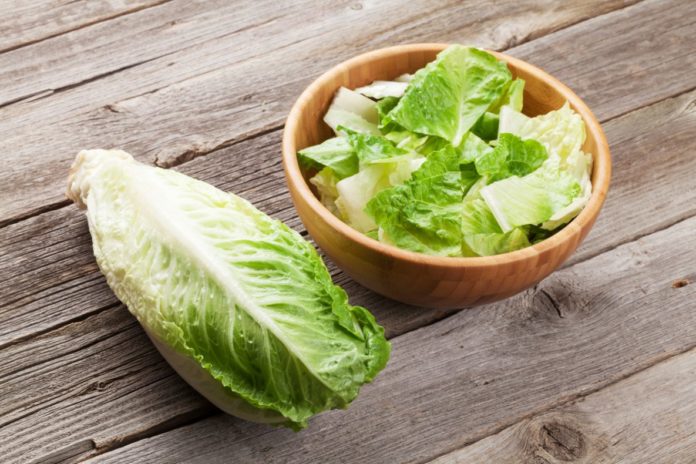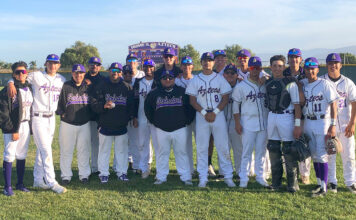SALINAS — Centers for Disease Control and Prevention (CDC) as well as public health and regulatory officials in several states and the U.S. Food and Drug Administration (FDA) are investigating a multistate outbreak of E. coli O157:H7 infections linked to romaine lettuce harvested from the Salinas Valley.
Based on new information, CDC is advising that consumers not eat and retailers not sell any romaine lettuce harvested from the Salinas, Calif., growing region.
Most romaine lettuce products are labeled with a harvest location showing where they were grown.
This advice includes all types of romaine lettuce harvested from Salinas, such as whole heads of romaine, hearts of romaine and packages of precut lettuce and salad mixes, which contain romaine, including baby romaine, spring mix and Caesar salad.
Anyone with romaine lettuce at home should:
- Look for a label showing where the romaine lettuce was grown. It may be printed on the package or on a sticker. If the label says “Salinas” (whether alone or with the name of another location), don’t eat it and throw it away. If it isn’t labeled with a growing region, don’t eat it and throw it away. If you don’t know if the lettuce is romaine or whether a salad mix contains romaine, don’t eat it and throw it away.
- Wash and sanitize drawers or shelves in refrigerators where romaine lettuce was stored.
Anyone who is buying romaine lettuce at a store should:
- Look for a label showing where the romaine lettuce was grown. It may be printed on the package or on a sticker. If the label says “Salinas” (whether alone or with the name of another location), don’t buy it. If it isn’t labeled with a growing region, don’t buy it.
Restaurants and retailers should check the label on bags or boxes of romaine lettuce, or ask their suppliers about the source of their romaine lettuce. Suppliers, distributors and others in the supply chain should not ship or sell romaine harvested in Salinas.
On Nov. 21, Missa Bay LLC recalled salad products due to possible E. coli contamination.
CDC warns consumers and retailers not to eat or sell any of the recalled salad products, which were sold under many different brand names.
The recalled salad products have “Use By” dates ranging from Oct. 29 to Nov. 1, 2019. The recalled products have establishment number “EST. 18502B” inside the USDA mark of inspection.
A total of 40 people infected with the outbreak strain of E. coli O157:H7 have been reported from 16 states, and a total of 28 hospitalizations have been reported. Five people have developed hemolytic uremic syndrome, a type of kidney failure. No deaths have been reported.
“Epidemiologic, laboratory, and traceback evidence collected to date indicate that romaine lettuce from the Salinas, California growing region may be contaminated with E. coli O157:H7 and is making people sick,” according to the CDC.
Whole genome sequencing shows that the E. coli strain in romaine lettuce tested by the Maryland Department of Health is closely related genetically to the E. coli found in sick people in this outbreak. The romaine lettuce was harvested from the Salinas growing region.
“The investigation is ongoing to determine the source of contamination and if additional products are linked to illness,” the CDC reports.











